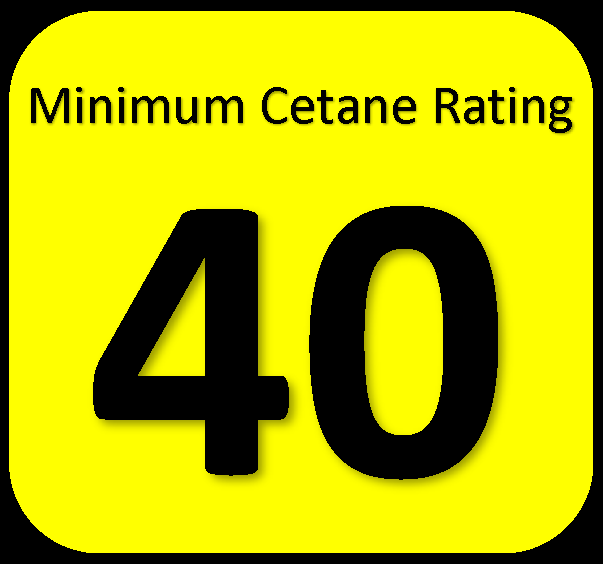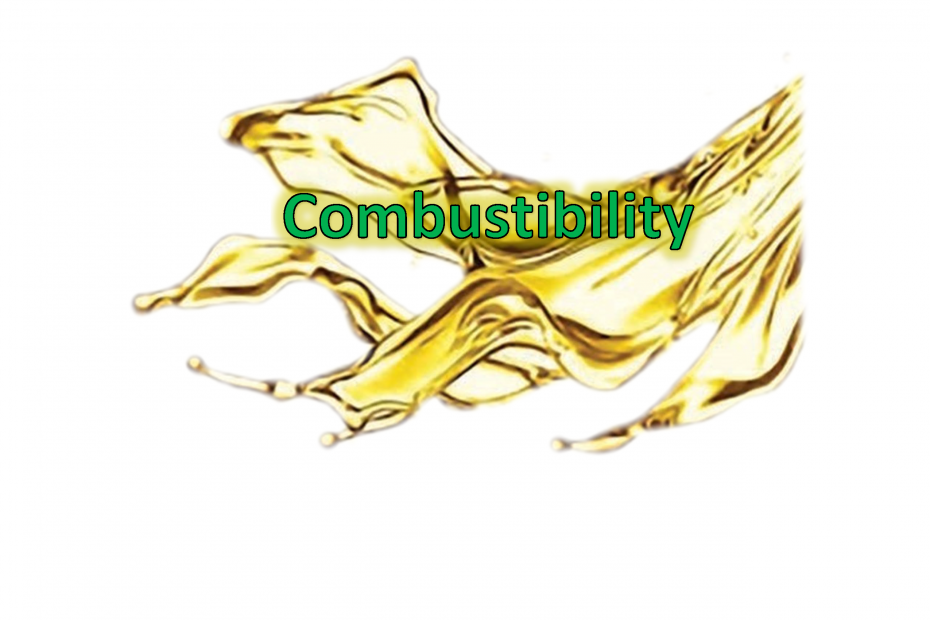Combustibility
Hard starting engines, white smoking and rough idling when cold are all indications there is a combustion problem. These can indicate an engine problem or may point to a fuel issue. Fuel stored for long periods of time will degrade, affecting combustion. Cetane decreases over time causing the previously mentioned problems. Ultimately, if your cetane decreases enough, combustibility suffers.
What does Cetane do?
Cetane is a hydrocarbon component of diesel fuel. It determines the combustion speed and compression of a diesel engine. The higher the cetane, the faster it ignites. Low cetane results in poor combustion and compression. In order for a diesel engine to run efficiently, it must have the proper amount of cetane, usually defined as a cetane number of 45 or higher. Anything less than 45 or higher than 55 can create operational issues. When fuel ages, the cetane level decreases. If it goes down enough over time, the engine will not operate optimally or possibly not at all.

What can be done to increase the cetane of aging fuel?
Adding a cetane improver can help increase the cetane of diesel fuel. This is especially important to fuel stored long-term. Adding the right amount of improver is also important. A cetane number higher than 55 can deteriorate the fuel and reduce engine performance. So cetane improvers should be used optimally.
What do cetane improvers do?
Ultimately increasing cetane improves combustion. That means better fuel economy, lower exhaust emissions and overall better starting. Biobor DC+Cetane contains an optimal amount of cetane improver that will provide efficient combustion needed for your engine even with the challenge of long-term fuel storage.

Share the Post








